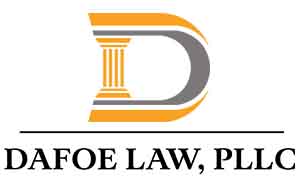There is no universal estate planning solution that works for every person hoping to provide for their spouse, children or other loved ones when they die. Your estate plan may include a variety of documents, each of which you will tailor to your specific circumstances.
However unique your estate planning needs may be, there are certain documents that are necessary in just about every estate.
A will
Your last will and testament helps you achieve several crucial functions. You can name a guardian for your children in your will, and you can also designate beneficiaries for specific property.
Even if you move your biggest assets into a trust before you die, a will is important because it allows you to name a beneficiary to receive the remainder of your estate, such as personal property that did not end up in the trust.
A trust
You don’t need to have millions of dollars in property or have survived a messy divorce for a trust to be an important part of your estate plan. Trusts can protect your property from creditor claims and keep your biggest assets out of probate court.
A trust can also help you protect minor children from someone wasting their inheritance or keep vulnerable adult family members, like someone with a history of alcohol abuse, from using their inheritance to feed their personal vices.
A plan for your major assets
Some people put their house in a trust so it won’t pass through probate court. Others want their interest in real property to transfer to their spouse or to the child living with them as a caregiver. Whether you handle the bequest of your home through a trust, a will, or a deed, you need to have a specific plan in place for your most valuable property.
You also need to make plans for your retirement accounts and any investment funds that you have. Accounts may have their own beneficiary designations or allow you to attach paperwork designating the transfer of the account at the time of your death.
Advance directives and powers of attorney
A thorough estate plan should also address the risk of future medical incapacitation. Whether due to an accident or the ravages of age, you may eventually lose the capacity to make decisions on your own behalf.
Powers of attorney give you the ability to name people you trust to manage your affairs, while advance directives give you the chance to provide specific instructions about the medical treatment you would prefer to receive.


